What Is It?
Posted by: Karl Shuker on May 21st, 2013
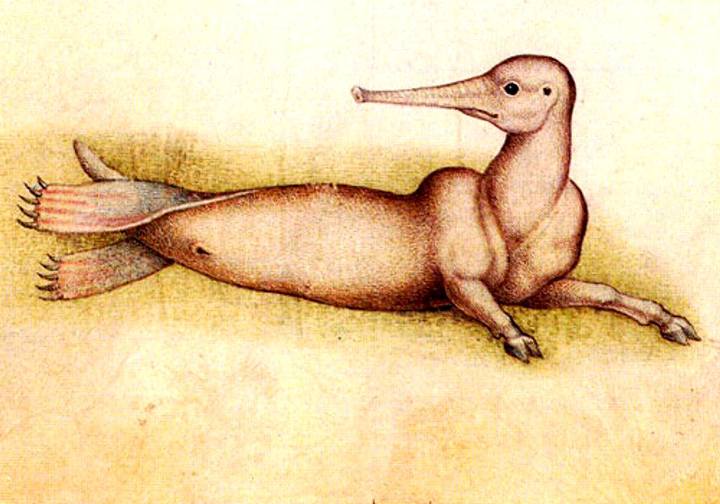
Here’s a curious illustration from a medieval bestiary in the Vatican Library. I’ve seen attempts on various websites to identify it as a sea-lion, though its trunk is surely more suggestive of an elephant seal – but what about its hoofed forelimbs?? Weird.
About Karl Shuker
My name is Dr Karl P.N. Shuker. I am a zoologist (BSc & PhD), media consultant, and the author of 25 books and hundreds of articles, specialising in cryptozoology and animal mythology. I have a BSc (Honours) degree in pure zoology from the University of Leeds (U.K.), and a PhD in zoology and comparative physiology from the University of Birmingham (U.K.).
I have acted jointly as consultant and major contributor to three multi-author volumes on cryptozoology and other mysterious phenomena.
I am the Life Sciences Consultant to The Guinness Book of Records/Guinness World Records (Guinness: London, 1997-present day), and was consultant to Monsters (Lorenz Books: London, 2001), as well as a contributor to Mysteries of the Deep (Llewellyn: St Paul, 1998), Guinness Amazing Future (Guinness: London, 1999), The Earth (Channel 4 Books: London, 2000), and Chambers Dictionary of the Unexplained (Chambers: London, 2007).
I appear regularly on television & radio, was a consultant for the Discovery TV series Into the Unknown, and a question setter for the BBC's quiz show Mastermind.
I am a Scientific Fellow of the Zoological Society of London, a Fellow of the Royal Entomological Society, a Member of the Society of Authors, and the Cryptozoology Consultant for the Centre for Fortean Zoology (CFZ).
I have written articles for numerous publications, including Fortean Times, The X Factor, Paranormal Magazine, FATE, Strange Magazine, Prediction, Beyond, Uri Geller's Encounters, Phenomena, Alien Encounters, Wild About Animals, All About Cats, All About Dogs, Cat World, etc.
In 2005, I was honoured by the naming of a new species of loriciferan invertebrate after me - Pliciloricus shukeri.

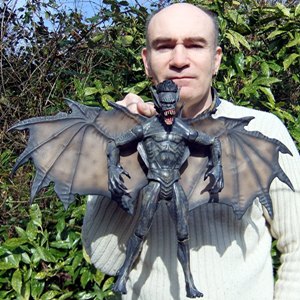




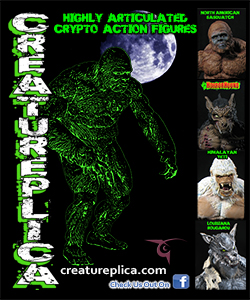
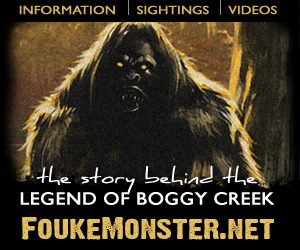
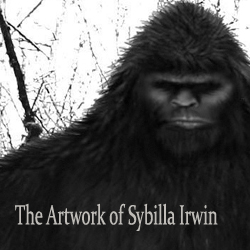

Seahorse
Very strange indeed.
Look for an image of the armadillo on Bernini’s Fountain of the Four Rivers, circa 1650, in Piazza Navona, Italy. It’s interesting what an artist creates when he has never seen his subject matter.
An antique illustration of a creature that the illustrator obviously never actually saw.
I believe that this is an elephasealelope…they don’t have claws on the hind flippers though.
An elephant seal?
Aardvark.
Date? Author? Provenance?
Ah. How about this?
Karl,
Any date to this bestiary, exact or just guesstimated? Without even that any guesses are just blindly throwing darts at a wall.
Aardvarks weren’t known in Europe until the early to mid 1800’s so that eliminates them. Elephant seals weren’t known until the mid late 1600’s.
Actually, the accuracy of depictions in bestiaries of even known animals is pretty poor. You look at the depictions in Gesner’s 1550 bestiary and it’s pretty much wtf?
This bestiary was originally written by Peter Candidus in 1460, with the illustrations added during the following century. Here’s some more info regarding it, plus some additional illustrations from it:
http://www.ubs.sbg.ac.at/sosa/bdm/bdm0408.htm
I think it’s Trunko!